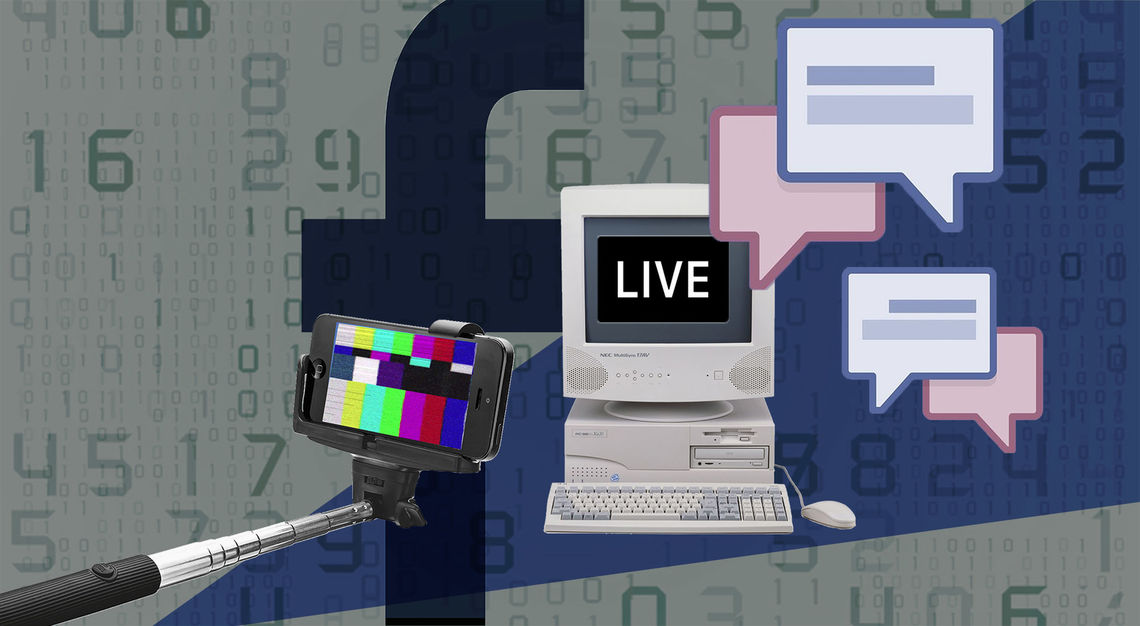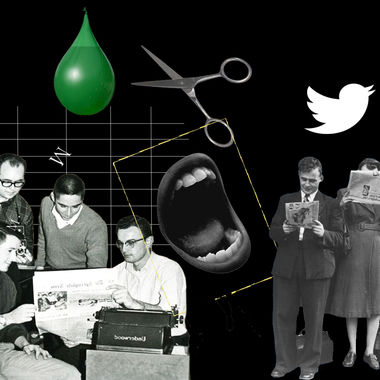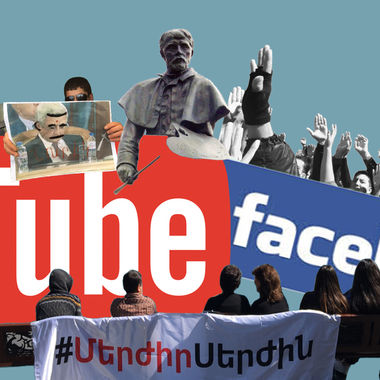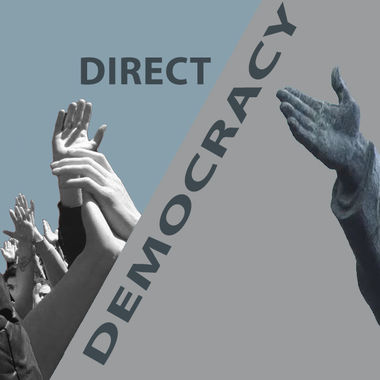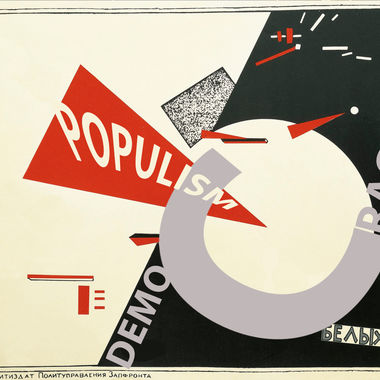We live in a transforming reality. Our entire way of living, including the way we understand or communicate politics, is being altered by digital and technological advancements, most notably social media platforms. These platforms have reshaped the way our government operates, political actors communicate, elections are contested, news is consumed and citizens engage in political processes.
Take Prime Minister Pashinyan’s Facebook Lives as an example. Announcements made over broadcast television or written press releases are subject to the discretion of editors and journalists before they are delivered to the citizen. These livestreams, however, establish direct contact. Pashinyan has control over the frequency, the length, the camera angle, etc. What’s more, they are not merely a one-way communication. Viewers can comment and react in real-time. Often Pashinyan answers the most “liked” questions in his Facebook comments, establishing a real two-way dialogue with citizens.
Be that as it may, digital and technological advancements merely expand the opportunities that this new tool chest provides. Like any other tool, based on how it is used, it can bring both positive changes and negative challenges. In terms of politics, digital platforms have contributed to two significant trends:
1. Increased access to information: Almost nothing is more important to a democratic society than a well-informed electorate. Social media and digital platforms in general have made information available (and rapidly accessible) to wider audiences not just in terms of news, but also general political awareness. Whether these platforms are used to spread important news and information or disinformation and manipulation is the second part of the question. It’s a matter of how we as a society regulate our affairs.
2. Bigger participation in political processes: Digital platforms have proven their democratizing potential by greatly lowering the barrier to participation in the public discourse. Any Facebook user can now have their say in the comments section of a politician’s post or write their own status updates to share their opinions on different matters. Social media is no longer just an extra tool for political influence: “It’s the terrain on which our entire political culture rests.” It is where political communication and mobilization takes place.
In Armenia’s case, these are relatively new trends but, just like the technology itself, they're advancing at an accelerating speed with both positive and negative consequences. Sometimes, online discourse and debates help pressure politicians to act in the public interest and, other times, the lack of a politically mature debate over important issues makes many tune out and stop participating.
Not only can the attention of citizens be misdirected from important issues, populations can also become overly polarized. To understand why, you need to understand the algorithms that drive social media. Everytime you like, share and post content, your preferences are recorded and similar content is served back to you. You start seeing more posts from people you agree with, pages you like, tagged content you already believe in. Thus, an echo chamber of like-minded users and content is created. As a consequence, as much as we might wish to call ourselves objective, a filtered social media diet, in time, alters the set of facts at our disposal, giving us an increasingly subjective perspective of the world around us. This effect is amplified as we receive more and more of our news and information from social media sites.
Keeping Up With Armenian Politicians
In the age of digital politics, one of the main actors shaping the political environment is mass media. Ideally, the role of the media should be to promote a democratic discourse, provide society with accurate and relevant information and help people understand diverse views.
Unfortunately, what we observe in Armenia (and other countries as well) is that the media is disseminating a huge amount of political content, but much of it trivial and polarizing. Instead of generating original content and being proactive about raising important issues for a democratic society, Armenian media has become a source of scandal - be it real or fake. On top of that social media has simply become a mouthpiece for politicians. Marshall McLuhan, who coined the term “The medium is the message,” would argue that it’s the nature of the environment - the digital platforms - that are to “blame” for this phenomenon, not the content disseminated. He argues that the platform, as the medium through which we communicate, itself shapes the reality of today, more than the content it contains.
This concept, even though it might sound complicated at first, is indeed true. We are shaped by the environment we live in. The digital environment is dramatically different from the media environments of the past. It allows us to choose not just our source of information, but our facts and our preferred version of reality. Like waiters in a restaurant, it caters to our preferred option.
Armenian society, just like many others around the world, has entered a post-truth era. Media manipulation, fake news and fearmongering have become so characteristic of digital life that people have become desensitized to it.
It should be noted, however, that this digital reality does not promote illiteracy - not at all. It has simply tapped into a different type of awareness. Yet these platforms hold irresistible power if the negative aspects of the media remain ignored and invisible.
Having analyzed the role of the media, what should we as a society do? And, indeed, what should political actors who hold great influence and power do in this transforming reality to make good use of the positive opportunities digital politics bring and avoid the negative implications as much as possible? Sadly, not exactly what they are currently doing.
Politics on Facebook, by Facebook, for Facebook
The current authorities came to power in large part thanks to social media platforms. It would be naive (and probably regressive) to expect them not to take advantage of the opportunities created by different digital platforms fully. Yet it’s a matter of how they use the platforms, not if, that is defining.
When Pashinyan started giving Facebook Lives and cabinet ministers, politicians followed suit, it was to get a message across, to establish a direct dialogue with citizens. Now, as journalist Nune Hakhverdyan points out, his Facebook page has become a promotion site for good (some would argue trivial) news and achievements. Furthermore, Pashinyan sometimes shares profit-oriented content for self-promotion.
Since the very first days of the interim government, Facebook outcries were taken so seriously that they led to several resignations, such as former press secretary of the deputy prime minister, Karpis Pashoyan’s. The direct contact between citizens and decision makers turned into a chaotic exchange for justifying or rejecting matters of high importance through Facebook polls. For instance, Babken Tunyan, a My Step MP, created a poll asking if Amulsar should become a mine or not with the description “Please share so we can have as many opinions as possible.” It suggests that the ruling party MP has decided to make a decision on a matter of huge societal significance based on an unscientific Facebook poll. As another example, Health Minister Arsen Torosyan creates Facebook polls for different policies he is considering.
The problem is that Facebook polls are extremely unreliable in terms of real/fake users voting. They also cannot guarantee an inclusive representation of different groups in society.
It is crucial that politicians understand the implications of their digital activity. While social media platforms are extremely efficient and useful communication tools, they should not dictate political activity and decision making. Furthermore, taking into consideration (a) the ease and widespread nature of creating fake accounts on digital platforms, and (b) the notion of living in a virtual bubble of like-minded people and content; what is heard and seen on social media should not be perceived by politicians as true public opinion.
This tendency creates a sense of panic among politicians considering unpopular, but much needed reforms and policies. Consequently, virtual commenters shift the focus of decision makers, turning our political landscape into a marketing environment.
Reinstating Revolutionary Agendas
Finally, as a society striving for democracy, we need to be cautious of the discourses we get into on our media platforms. Even though we might think our status updates and comments impact only a small number of friends, when added together, they shape the public discourse. And in digital politics, our posts do have power.
Recently, many Armenian Facebook users engaged in discussions over a celebratory temporary installation dedicated to the city of Moscow in Republic Square. Such online debates over minor issues take place on Facebook all the time, yet major challenges to our democracy and statehood - such as the lack of judicial reforms, political will and lack of a unified stance of the state on the Nagorno Karabakh issue - are usually ignored and overshadowed by such trivial debates online. One might argue that people have the freedom of speech and expression, and each person has different priorities, which is indeed true. Yet it is important to realize that, in a transforming digital world, our voices are amplified by our social media. What you said over a dinner table decades ago impacted politics far less than what you say on Facebook now. Furthermore, digital platforms create the ability to isolate people from exposure to those with differing viewpoints, which in turn deepens political polarization.
Finally, in critical (sometimes chaotic) post-revolutionary times like ours, public discourse shapes politics. Thus, it is important to be aware of the nature of our digital-political environment. Everything we read, we share or say on social media is not necessarily a reflection of the truth, the whole truth, and nothing but the truth.
also read
Post-Truth Armenia and the Media
By Maria Titizian
The fake news phenomenon is not uniquely Armenian. It’s a global challenge, but when the stakes are so high following the Velvet Revolution, journalists need to rediscover their mission and have an honest discourse about their role in the state of the media landscape.
The Armenian Media Revolution
By Samvel Martirosyan
Without social media and the press, the “Velvet Revolution” could have evolved completely differently. To some extent, what took place was in fact a media revolution. And now, post-revolution, we can register that the media landscape in Armenia is no longer what it was until April of this year. Samvel Martirosyan discusses some of the qualitative and quantitative changes in the Armenian media.
Freedom of Information is Jeopardized
By Shushan Doydoyan
One of the most effective ways for authorities to control freedom of speech is to adopt and implement laws and other legal mechanisms that try to curb the work of the media. Shushan Doydoyan takes a looks at recent amendments in the RA law that have served this purpose.
Can Direct Democracy Work in Armenia?
By Joe Nerssessian
After coming to power following the Velvet Revolution, acting Prime Minister Nikol Pashinyan made references on several occasions about direct democracy, saying that the highest power belongs directly to the people. What is direct democracy and can it be applied in Armenia?
Populism, People, and the Government in Armenia
By Alen Shadunts
Alen Shadunts writes that being democratic should not be a party ideology; democracy is a pre-existing bedrock condition, not an agenda for a particular government.


